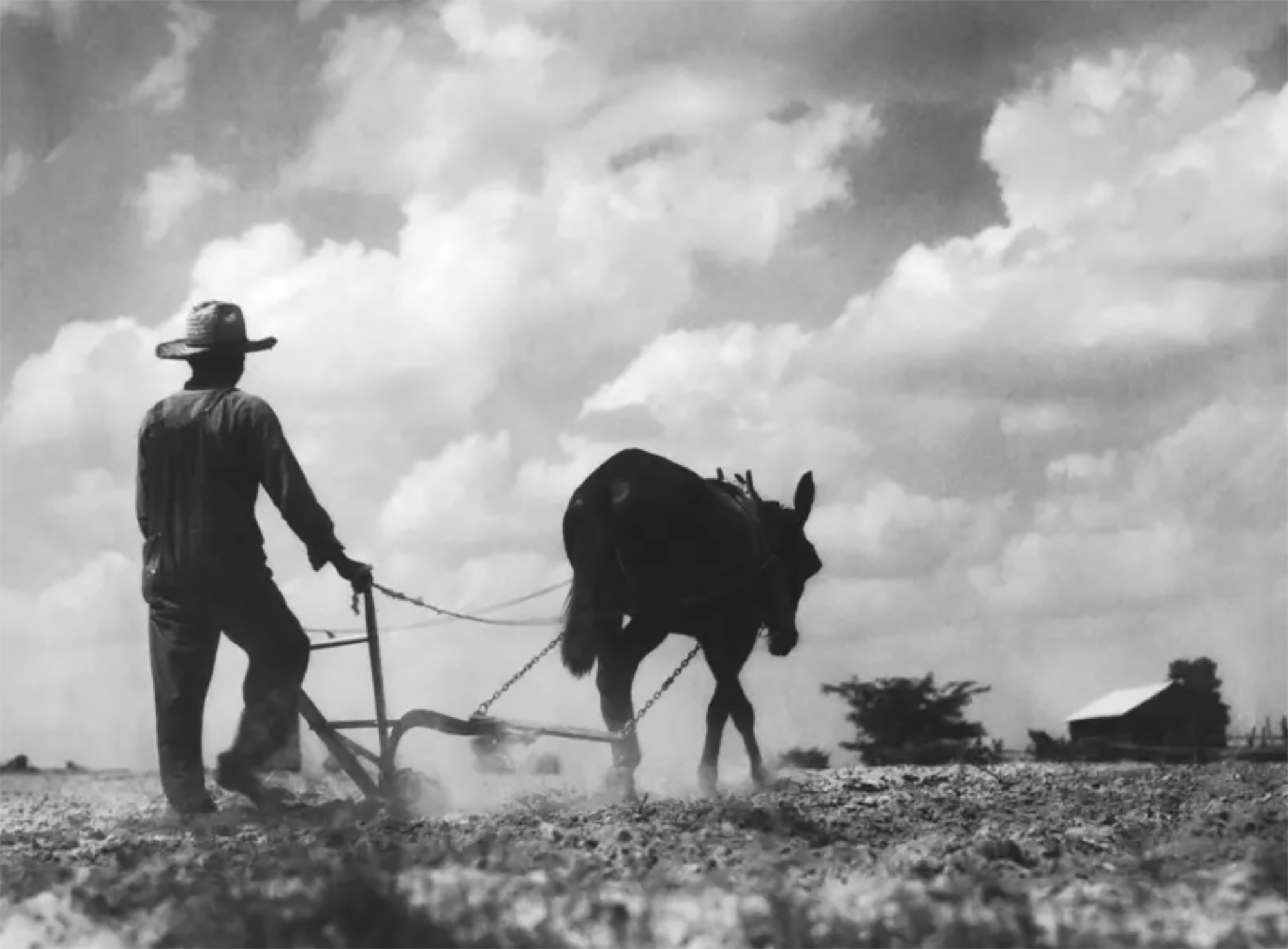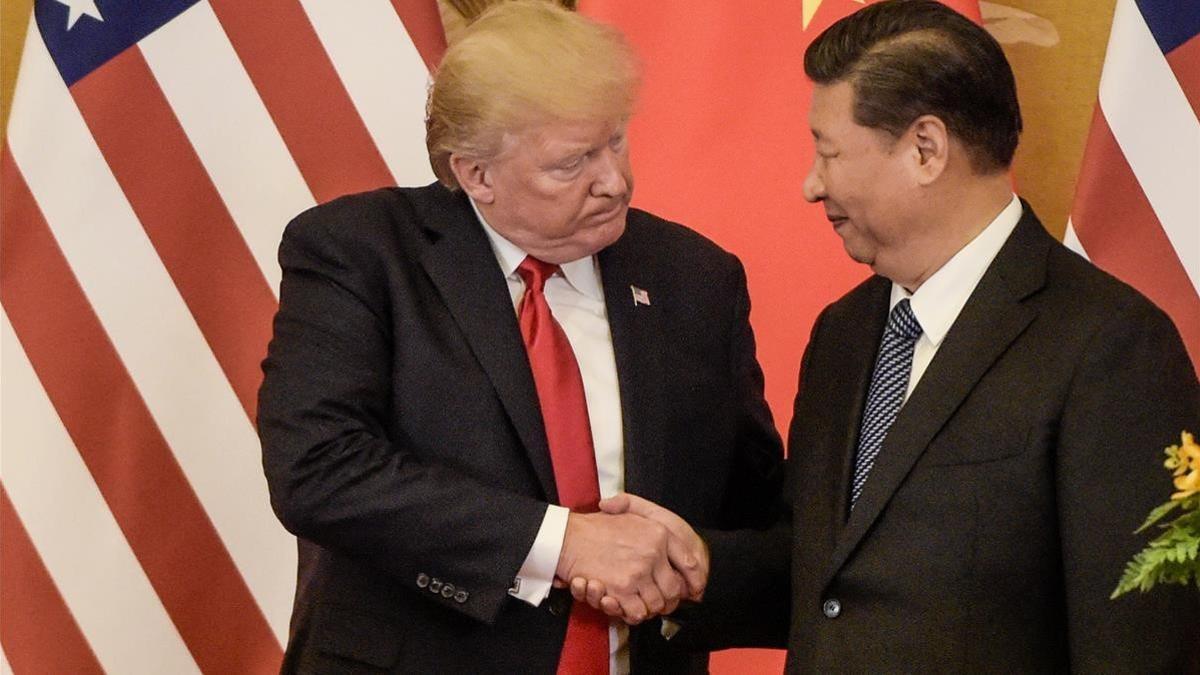"Today, the radical and the massive are not contradictory, because the sense of radicality has changed."
- Raquel Gutierrena is the reference name in social struggles in Latin America. Born in Mexico, it was completely submerged in the Bolivian guerrillas of the 1980s and in the movements of the indigenous people. Imprisoned for five years, an activist in the Cochabamba Water War, a PhD in Sociology, a researcher and a university professor, recently works in the research and theorization of the feminist struggle in the continent. In Pamplona, invited by Zabaldi, he has explained the keys to what he calls “the rebellion.”

The prominence of women in the struggle for land defense is, in your opinion, one of the main keys to the feminist revolt that Latin America is experiencing. Is it something new?
It's not new, it's renewed. Today, in the struggles for the defense of the land, where women are the protagonist, women are questioning the mixed structures and their patriarchal characteristics. And that's a novelty. On the other hand, classical feminist struggles are also being reinvented, and all violence has been brought to the fore. They try not to fall into the hands of the State's administrative mechanisms, that is, not to reduce violence to domestic violence. It is not a question of domestic violence having disappeared, but of violence at work, against migrants, etc.
“You are confusing everything,” the male colleagues say.
Exactly. Gradually we are creating an analytics that allows us to explain everything to men. In the meantime, however, we do not forget that everything is tied and that we therefore want to change everything.
They say that the increasingly radical protests are becoming more and more massive. It has not been the most common so far.
We've realized that no one can do it on their own, so we have to work hard to come together. And that's what women do better. Not because of essentialism, but because the obligation to make interpersonal connections has always remained on us. The typical question for men is: How is it possible to establish an alliance with him and with him, with so many differences? For in all this [with open hands] we agree, and in this [reducing the space between hands] we do not. That's knowing how to handle ambiguity.
It doesn't look like a simple process.
No, no. But you see the results. In Argentina, Chile and Uruguay, the feminist protests of recent times are surpassing the largest so far, which occurred at the end of the dictatorships and which, of course, were mixed. There is therefore an accession mechanism: radicality. The question is: How so far did we understand radicalism? Above all on the patriarchal left, in order to measure radicality, the efficiencies of the actions of oneself and of the other side were always compared and, as a result, the actions ended, in a way, in symmetry with the dominador.Hoy day, the radical and the massive are not contradictory, because the sense of radicality has changed.
.jpg)
What's that new sense?
It is about putting life at the center and turning to concretion. We must try not to return to the world of general abstractions, to discuss everything in a purely ideological way. Here and now. It is a dispute for life and against all patriarchal violence. This allows you to open the movement. That is why women fighting glyphosate contamination can easily partner with women protesting for cyanide-contaminated water at 4,000 kilometres.
The movement has also been threatened. Which ones?
The strike of 8 March this year was marked by mass protests in the capitals, although the movement also extended to smaller towns. It is that extension that they want to hinder. The main instruments for this are impoverishment and indebtedness. In many places in Latin America, citizens are using credit to buy basic things. It is a well-tried practice to be indebted, so neoliberalism dominated us.
You also mentioned the military counter-attack.
This is what is observed most in Brazil, but also in other paramilitary territories. I also refer to private security companies: when a macro-project is launched, it comes with its security company. They weave tricks with official organizations that have a monopoly on violence, build dark relationships, and armed men's groups begin to appear at the end of the march. These groups rape women and abduct young women, “need” prostitution houses… Repatriation is taking place: not only the withdrawal of goods, not only the elimination of political capacities, but also the limitation of the strength of women. We are also against it.
In the conflict between revolt and counterattack, who will win?
The question is: What is winning? For me, winning would be able to maintain the rebellion even when the counterattack is very hard. In Ecuador, in previous protests, when the president took off but the dollarization stopped in the country, they often said: “We have won but we have lost.” On this occasion they have done well, for even though Moreno has stood still, the IMF has done no more. In our case, the important thing is to order everything we have learned so that it is not lost and we do not have to rewind. But win or lose? We will continue. The confluence of the Ecuadorian experience, the feminist movement and the indigenous movement gives us hope. It's hard times, but it's also interesting. And it's that there's a revolt going on.
many fights, sometimes with better results than others. I have always insisted on developing my thinking through dialogue with others. Now I teach, I train new generations, and I'm a good teacher, I have the honor to do it. I learned mathematics, but also a more abstract and boring thing: the philosophy of logic. But I teach sociology classes at the Autonomous University of Puebla (Mexico).”
Bandera amerikanoz inguratuta, muga-zergen oldarraldi berria iragarri zion munduari Donald Trumpek apirilaren 2an. Geroztik hamaika astindu jasan dituzte burtsek eta nazioarteko merkataritzak. Baina hau ez da zoro baten boxeorako ringa bakarrik: AEBetako politikan hamarkada... [+]
If that's the fear. Donald Trump seems to have come to occupy Washington’s rounded office for a long time. He has a second mandate, but to his close advisers, confirming that he is not joking, he also mentions his rigid goal of changing some isolated numbers in the Constitution... [+]
Washington, D.C., June 17, 1930. The U.S. Congress passed the Tariff Act. It is also known as the Smoot-Hawley Act because it was promoted by Senator Reed Smoot and Representative Willis Hawley.
The law raised import tax limits for about 900 products by 40% to 60% in order to... [+]

























